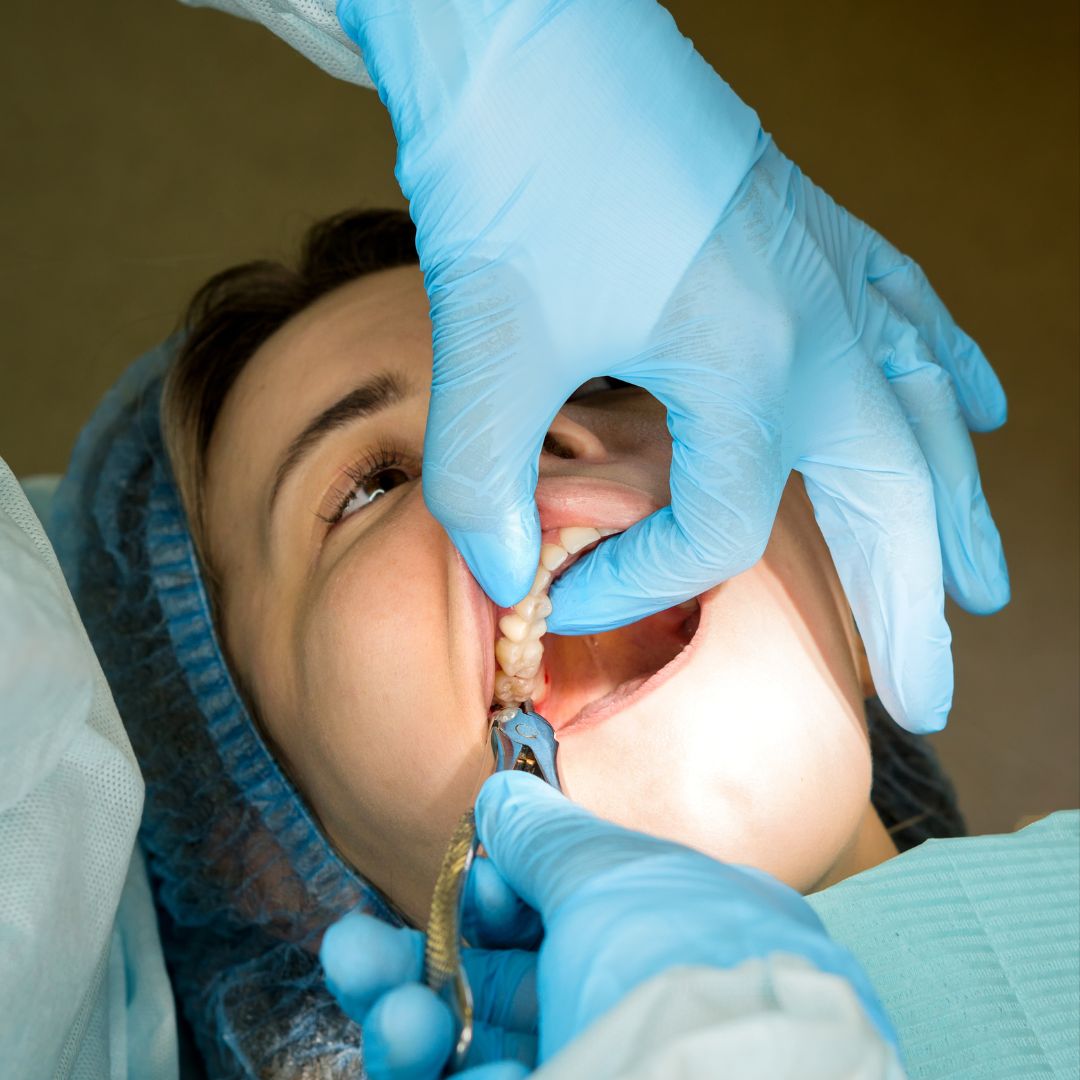Your Guide to Understanding Wisdom Teeth Removal
Choosing to have your wisdom teeth removed can be a significant decision, often surrounded by questions and uncertainties. This comprehensive guide aims to shed light on the process, benefits, and considerations of wisdom teeth removal, helping you make an informed choice.

What Are Wisdom Teeth?
Wisdom teeth, or third molars, are the last to develop in your mouth, typically in your late teens or early twenties. For some, these teeth come in without issue and align perfectly with the other teeth. However, for many, wisdom teeth can cause problems, necessitating removal.
Why Remove Wisdom Teeth?
Crowding and Misalignment
One of the primary reasons for wisdom teeth removal is the lack of space in the mouth, which can lead to crowding and misalignment of your existing teeth. This can disrupt the alignment of your teeth and require orthodontic treatments to correct.
Impaction and Pain
Wisdom teeth often become impacted, meaning they cannot fully emerge through the gums. This can lead to pain, swelling, and infection. Removing impacted wisdom teeth can alleviate these symptoms and prevent further dental issues.
Preventative Measures
Sometimes, wisdom teeth are removed as a preventative measure, even if they haven't caused problems yet. Dentists may recommend this to avoid potential future issues, such as decay, which is more difficult to address in teeth that are hard to reach and clean.
The Removal Process
The process of removing wisdom teeth varies depending on their position and development stage. Here's a general overview:
- Consultation and X-Rays: Your dentist or oral surgeon will take X-rays to assess the position of your wisdom teeth and discuss the best course of action.
- Anesthesia: The procedure is performed under anesthesia, which can range from local (numbing the area) to general (you're asleep).
- Extraction: The surgeon makes an incision in the gum, removes any bone covering the tooth, and then extracts the tooth. In some cases, the tooth may be divided into sections for easier removal.
- Recovery: You'll be given aftercare instructions. Recovery typically involves managing swelling and pain with ice packs and medication.
Aftercare and Recovery
Proper aftercare is crucial for a smooth recovery. Here are some tips:
- Rest: Keep your head elevated and avoid strenuous activities for the first few days.
- Pain Management: Use prescribed painkillers and ice packs to manage pain and swelling.
- Eat Soft Foods: Stick to soft, easy-to-eat foods and gradually reintroduce solid foods as healing progresses.
- Oral Hygiene: Follow your dentist's instructions on how to clean your mouth post-surgery.
Choosing the Right Specialist
For a procedure like wisdom teeth removal, selecting the right dental specialist is crucial. Look for a practice that specializes in oral surgery and has a track record of successful procedures. For those in Nevada, wisdom teeth removal Las Vegas offers experienced professionals who can ensure a safe and efficient procedure.
Table: Factors to Consider When Choosing a Specialist
|
Factor |
Why It's Important |
|
Experience |
Indicates proficiency and success rate. |
|
Reviews |
Provides insight into patient satisfaction. |
|
Technology |
Modern equipment can enhance outcomes. |
|
Aftercare Support |
Essential for a smooth recovery. |
Final Thoughts
Removing wisdom teeth can significantly impact your oral health and overall well-being. By understanding the reasons for removal, the process, and how to care for yourself afterward, you can approach this common dental procedure with confidence. Remember, the key to a successful outcome is choosing a skilled and experienced specialist who can guide you through the process and provide the care you need for a swift recovery.